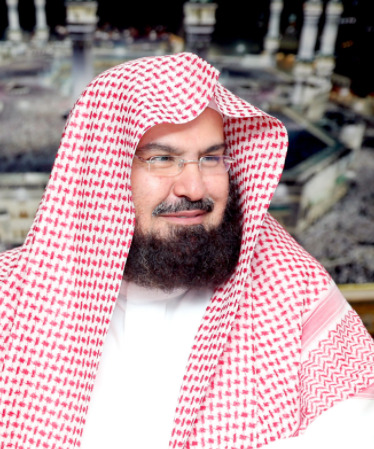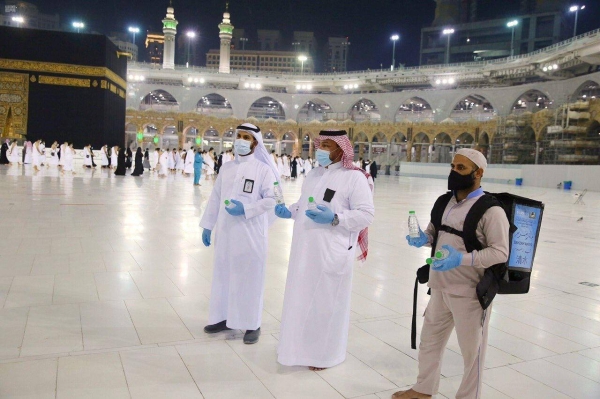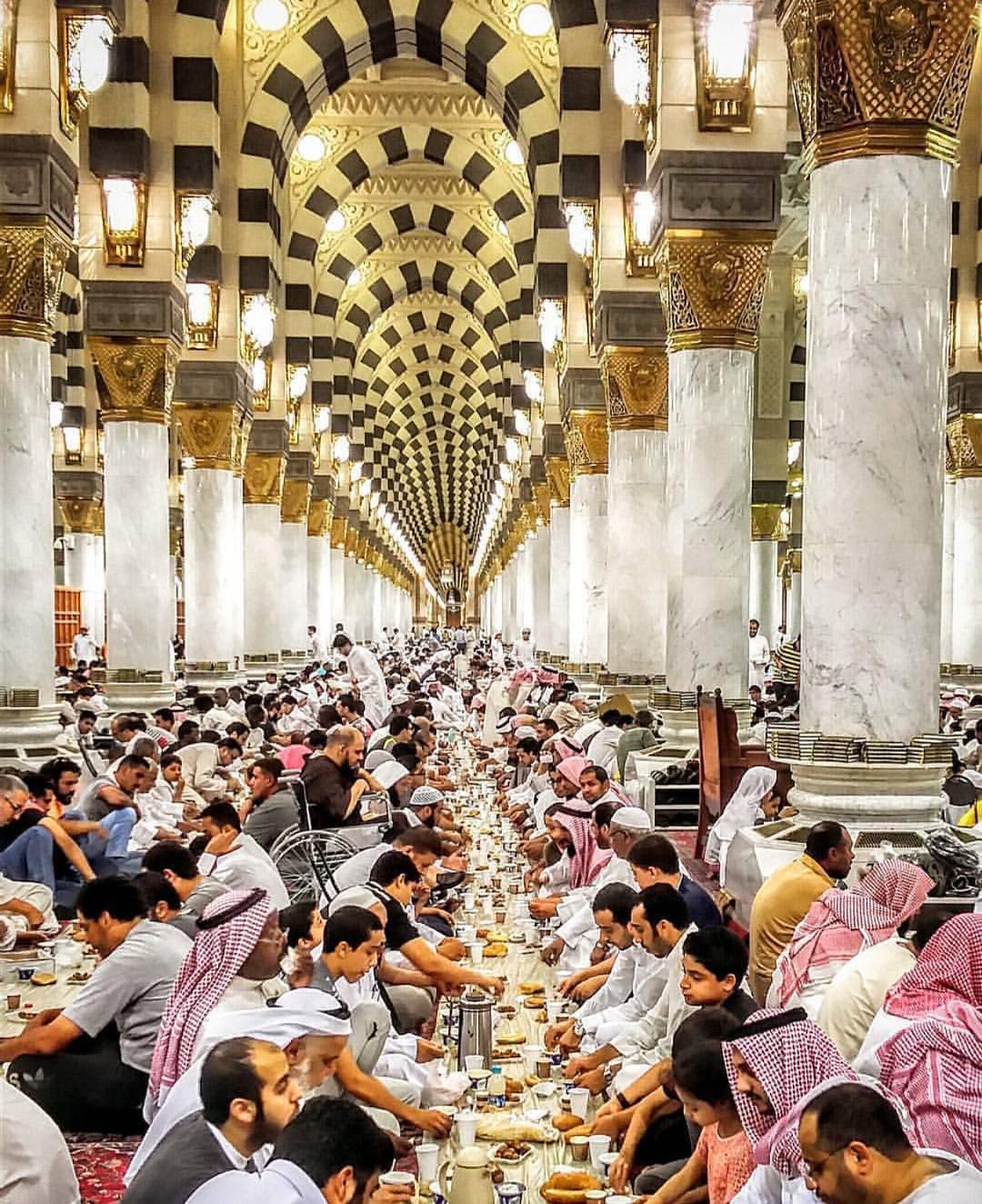The General Presidency for the Affairs of the Grand Mosque and the Prophet’s Mosque on Monday announced the plan for the next month of Ramadan amid the COVID-19 pandemic.
[adinserter block= “3”]
Sheikh Abdul Rahman Al-Sudais, head of the Presidency for the Affairs of the Two Holy Mosques made the announcement. According to the Saudi Gazette, he said that the suspension would continue during the upcoming holy month of Ramadan. At the Grand Mosque in Makkah and the Prophet’s Mosque in Madina.

He maintained that the major highlight of the Ramadan plan is tackling the pandemic by adhering to precautionary measures.
“The first of which is taking the vaccine, keeping physical distance, and wearing a mask. In order to preserve the health and safety of pilgrims, and worshipers” he said.
Moreover, he also announced the presidency’s full readiness to receive pilgrims and worshipers.
“The mataf (area for circumambulation around the Holy Kaaba) will be designated only for Umrah pilgrims. There will be five designated areas inside the Grand Mosque. Also, its eastern courtyard for the performance of prayers.”

“Translators working at the Grand Mosque will provide guidance service. And translate questions to scholars who will issue fatwas (decree) in 23 languages,” Sheikh Al-Sudais added. “There will also be sign language interpreters for the Friday sermon.”
Sheikh Al-Sudais said there will be special prayer areas and toilets. Only for people with special needs. In front of the Ajyad Bridge and King Fahd Gate in the eastern courtyard of the Grand Mosque.
[adinserter block= “10”]
No collective iftars or I’tikaaf at holy mosques
He announced the suspension of performing I’tikaaf and the distribution of iftars at the holy mosques. However, people who wish to break their fast there can bring water and dates for their own consumption. They cannot share it with others.

Moreover, people will not be allowed to have meals within the mosque premises or courtyards. However, the presidency will provide ready-made iftar meals for those visiting the mosque.
In addition to this, he confirmed the ban on the distribution of suhoor among visitors, worshippers, and others in the areas of the Prophet’s Mosque and its courtyards and premises.
[adinserter block= “4”]
Lastly, Sheikh Al-Sudais urged pilgrims to get vaccinated against the novel virus as it’s also permissible in Islam. Last year, Saudi Arabia had also suspended Taraweeh prayers during Ramadan.
What do you think of this story? Let us know in the comments section below.







